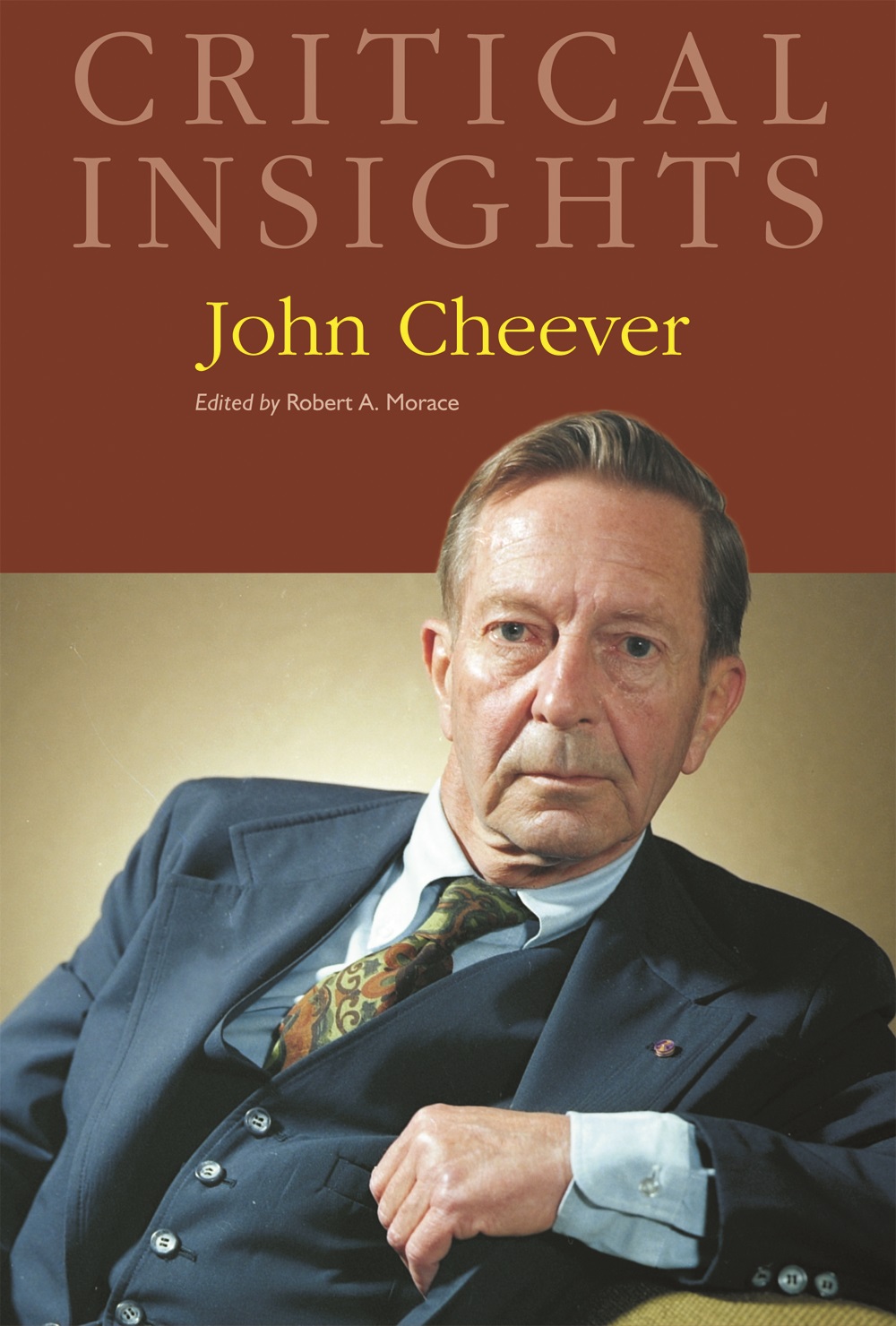Critical Insights: Horton Foote
American playwright and screenwriter Horton Foote is most notably known for his 1960 adaptation of To Kill A Mockingbird, the screenplay for the 1983 film, Tender Mercies, and the Pulitzer Prize-winning 1995 play, The Young Man from Atlanta. This volume examines these works and more, such as the nine-play Orphans' Home cycle, based on Foote's own childhood. A great starting point for students seeking an introduction to Horton Foote and the critical discussions surrounding his work.
Critical Insights: Horton Foote explores a quiet Texan whose dramatic career extended through nearly seven decades of American literature. Foote remains best known for his Academy Award-winning screenplay for the film classic To Kill a Mockingbird (1962). This film was based on one of the best-selling books in English, a novel that was published in 1960, just as the American civil rights movement gathered strength to push aside institutionalized prejudice and open new doors for millions of citizens long denied the fundamental rights promised by their nation. Horton Foote's screenplay expresses its author's deep concern about the South's reluctance to re-think its social habits and its adherence to a sentimentalized, romantic illusion of a noble antebellum plantation society.
This title includes thirteen essays by eleven Foote scholars who discuss a variety of aspects of the plays and films that we have inherited from this American master, with commentary on works ranging from his first one-act play, staged in 1940, to the amazing nine-hour sequence The Orphan's Home Cycle, which he was still working on at the time of his death. Authors whose work is assembled in this title range from contributors who know Foote only through his work to others who were his close friend. All the contributors share a deep respect for Horton Foote, who maintained both artistry and integrity during a long and challenging journey through his country's theatrical life.
Each Critical Insights volume is divided into four sections:
1.Introduction: Career, Life, and Influence
For readers who are studying Faulkner for the first time, a biographical sketch relates the details of his life.
2.Critical Contexts
These 4 essays survey the critical reception of his work, explore its cultural and historical contexts, situate Faulkner among his contemporaries, and review key themes in his work.
3.Critical Readings
Readers seeking a deeper understanding of the writer can then move on to other original essays that explore a bevy of topics, such as the influence of James Joyce on Faulkner and his work, the author’s tradition of literary pessimism, and the celebrated author’s relationship to film and television. Each essay is 2,500 to 5,000 words in length, and all essays conclude with a list of "Works Cited," along with endnotes.
4.Resources
The volume's appendices offer a section of useful reference resources, including:
- A chronology of the author's life
- A complete list of the author's works and their original dates of publication
- A general bibliography
- A detailed paragraph on the volume's editor
- Notes on the individual chapter authors
- A subject index





